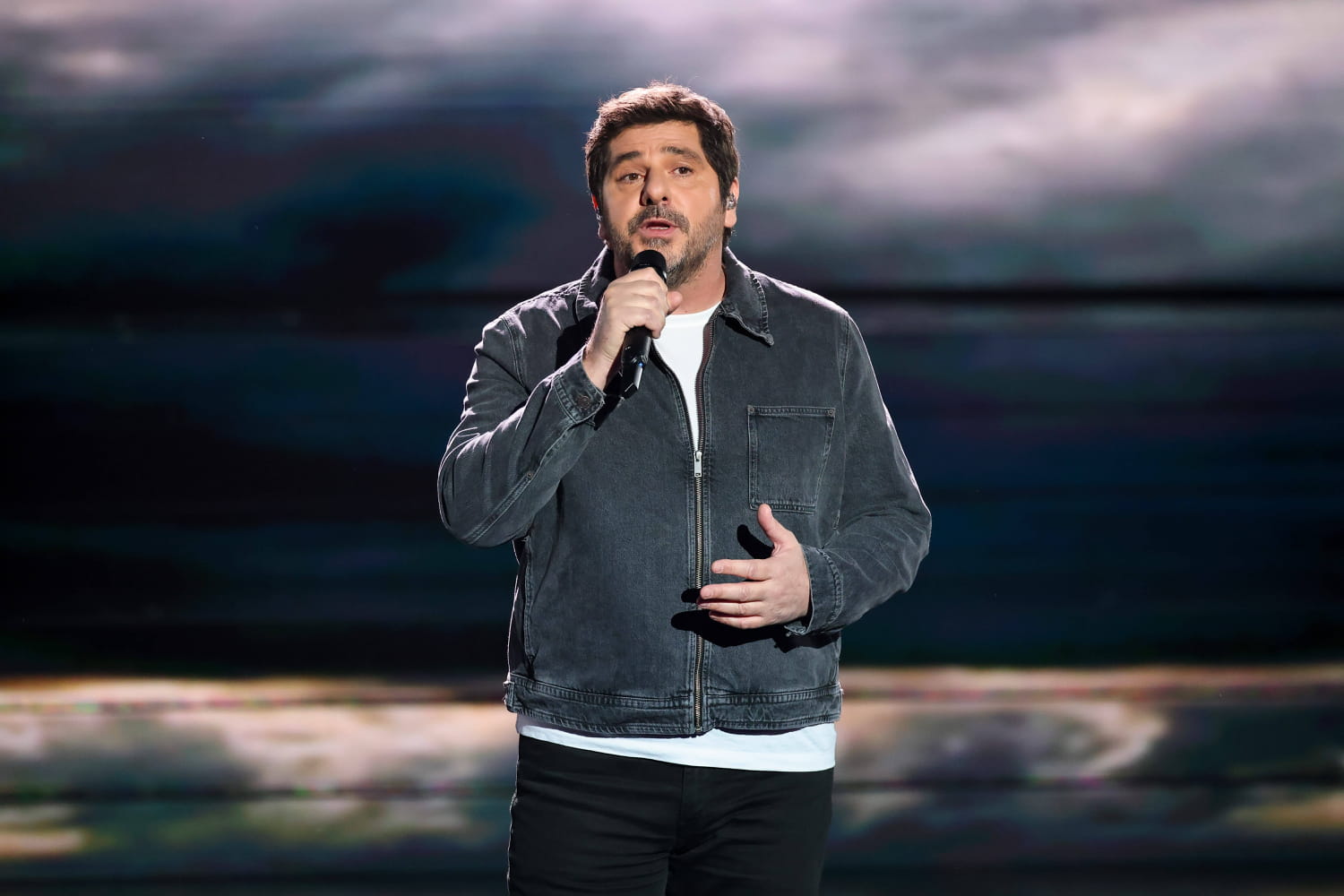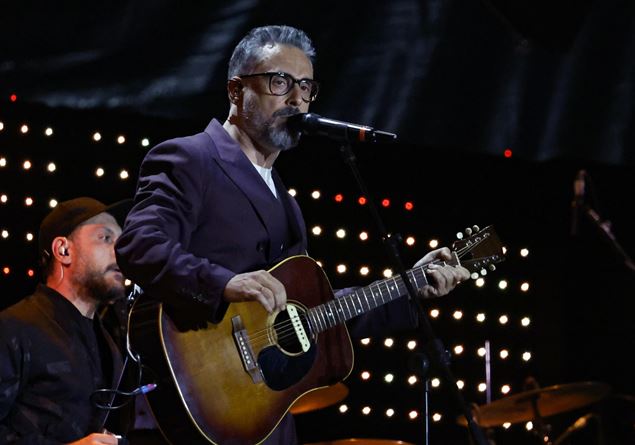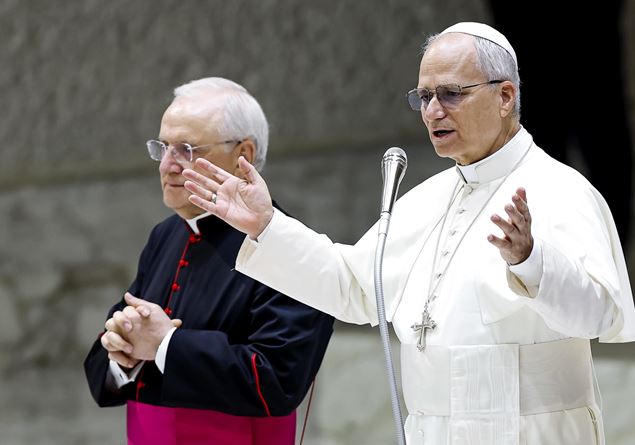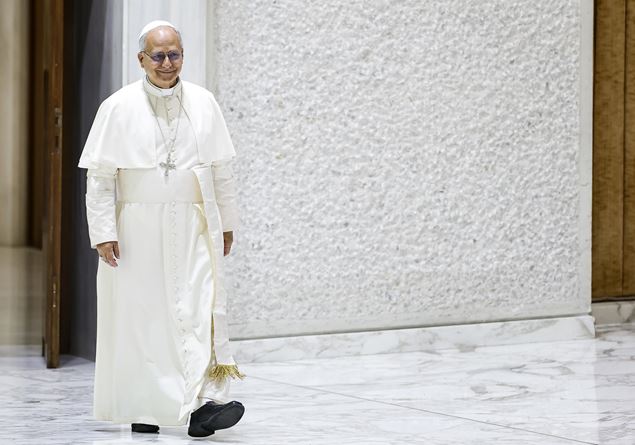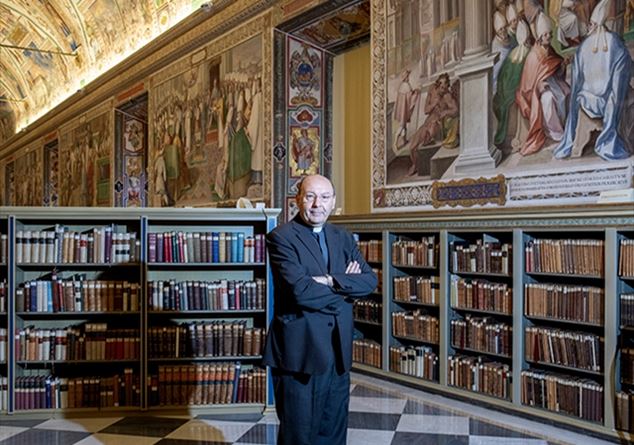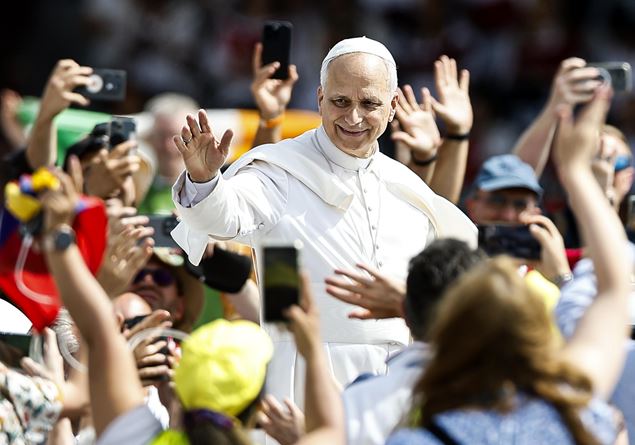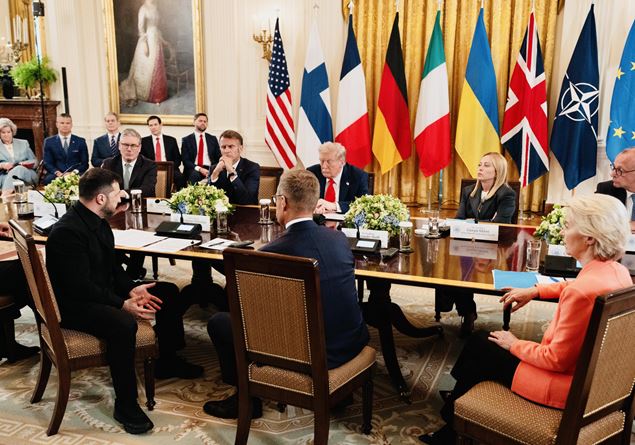Paternity is a cyclic drama, begins with fear and ends with infinite joy. In running behind, the happiness of a love that does not ask for anything in return is chased by the fear of not being able to support him. Paternity is always a drama, when you live her as a child and when you live her as a father.
What drama must have been paternity for our fathers, for my Father and for that of Don Massimo. They came from a simple world, they. For them being fathers was to bring home the loaf, which had not always had as children. They worked, they guaranteed you a roof, a full dish and a dress, what did you want more? We grew up in another world, a roof a full dish and a dress for us were obvious. But we lack the meaning. Our question did not understand it (or maybe yes, but they couldn’t say it? Who knows). So between us and they dug a moat. We were young, we had “the unconsciousness inside the lower belly/and some daring, in the pocket” L’Unità “”, as he sings in Eskimo Guccini; So “you pay it all, and and inflation prices/ what calls the maturity”, continues Francesco.
I too, like Don Massimo, I paid the high school maturity at inflation prices: how much effort I did to rediscover my father! How much effort I did to discover “that I did not understand anything about the world”, while “my father had put it in the office” (I wrote it in Life thought); “But someone has hidden it,” that restores (always Life thought). So, how much effort I did to find that his effort, his job, were his reason to be in the world, was his love for me. What drama must have been for our fathers to see us so far away, as it was a drama for us to see so far away. What the drama was for me “when your father disappears/without even warning/and without making noise/without giving you a minute to be able to tell him/that you loved him/and that you miss from”.
In these pages, Don Massimo courageously tells his relationship with his father, misunderstandings, lots, aversions, up to the supreme temptation (and he is a priest! But then it is a temptation that we all have …) to rejoice in his father’s illness, for his close death, seen as a liberation. But then he tells what in all respects we can call a “con- version”, a radical turning point, a total change of mentality, which also led him to look to his pair with understanding, with gratitude, with nostalgia. So, how can you not feel a man like this, who lives your own dramas, and who has the courage not to hide them, but to offer them to everyone as a positive hypothesis to become a walk-off companions (see the pages dedicated to the Orfist Club)?
Then, paternity is a drama even when you live it as a father. In The walnut tree I tried to tell the fear and tremor with which I live the adventure of my paternity, the fear of being inadequate in front of the gift of my daughter Fiammetta, who is three years old and who looks at me with a look that has an infinite hope inside an wait. Will I be up to that look?
Don Massimo is a priest, carnal children does not have it. But his children are his pupils: who is the same but perhaps more significant, his students are his children. The work that is starting to do with them is extraordinary. From where the look full of goodness of goodness, with whom he looks at those that his “irrecoverable” judgment colleagues pulled out? From the experience of paternity who, he says, lived with great men: with his grandfather Francesco, with his bishop (also he, coincidentally, named Francesco) with his friend Franco Nembrini (actually also Francesco), which I also had the opportunity to know.
More than a hundred years ago, Péguy described his father as “this adventurer of the modern world”, sensing that this era would question the figure of the father, but a father serves even in a destination: there is a need for putative fathers. If the relationship with him is difficult is fine, because “the pain serves/just as happiness is needed” (when I discovered it I sang it The truth).
Then, Don Massimo’s book is a great friend to help himself rediscover the beauty and greatness of paternity. And to understand that his drama is not an objection, but a fundamental component of the beauty of life.




